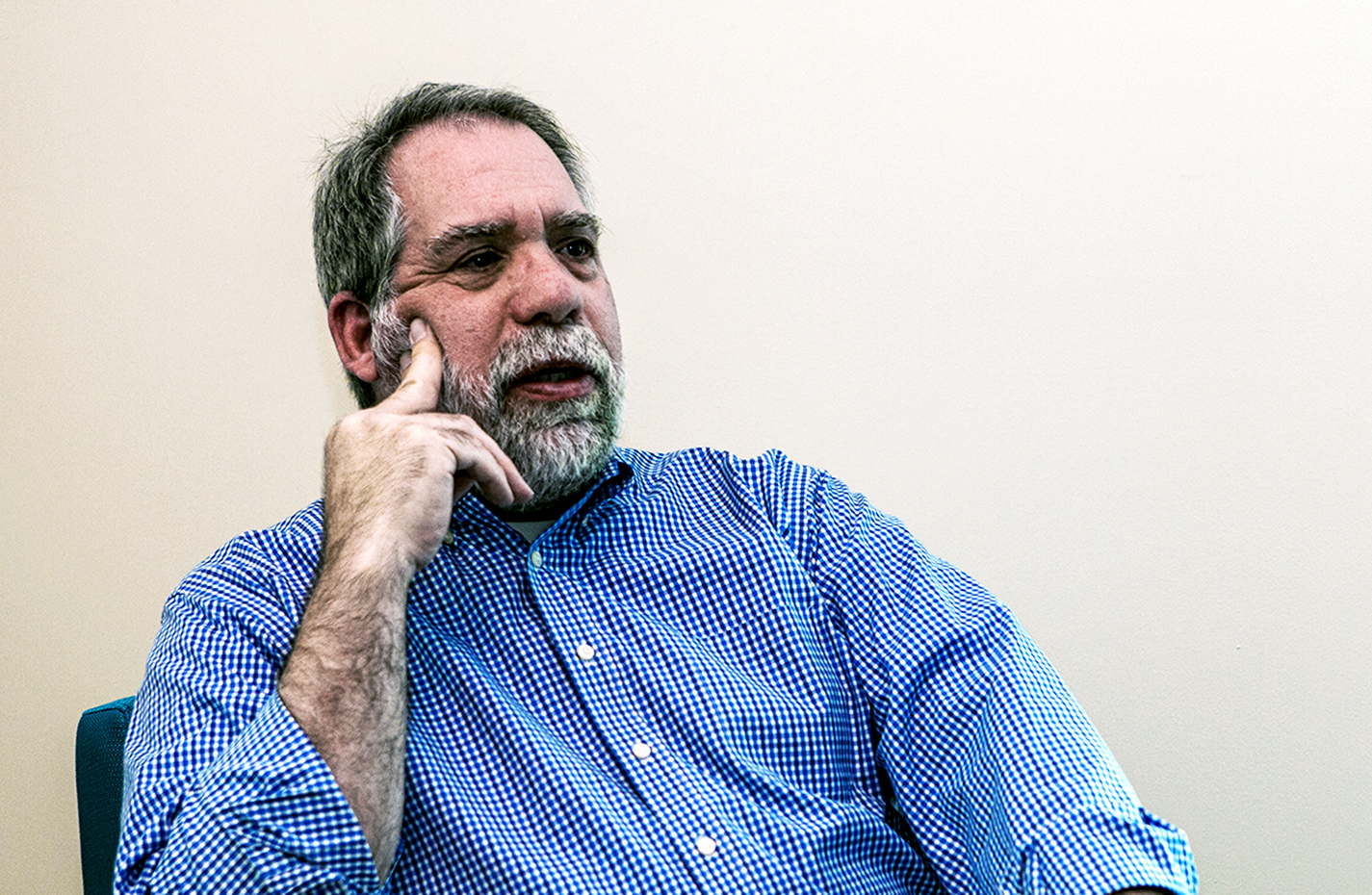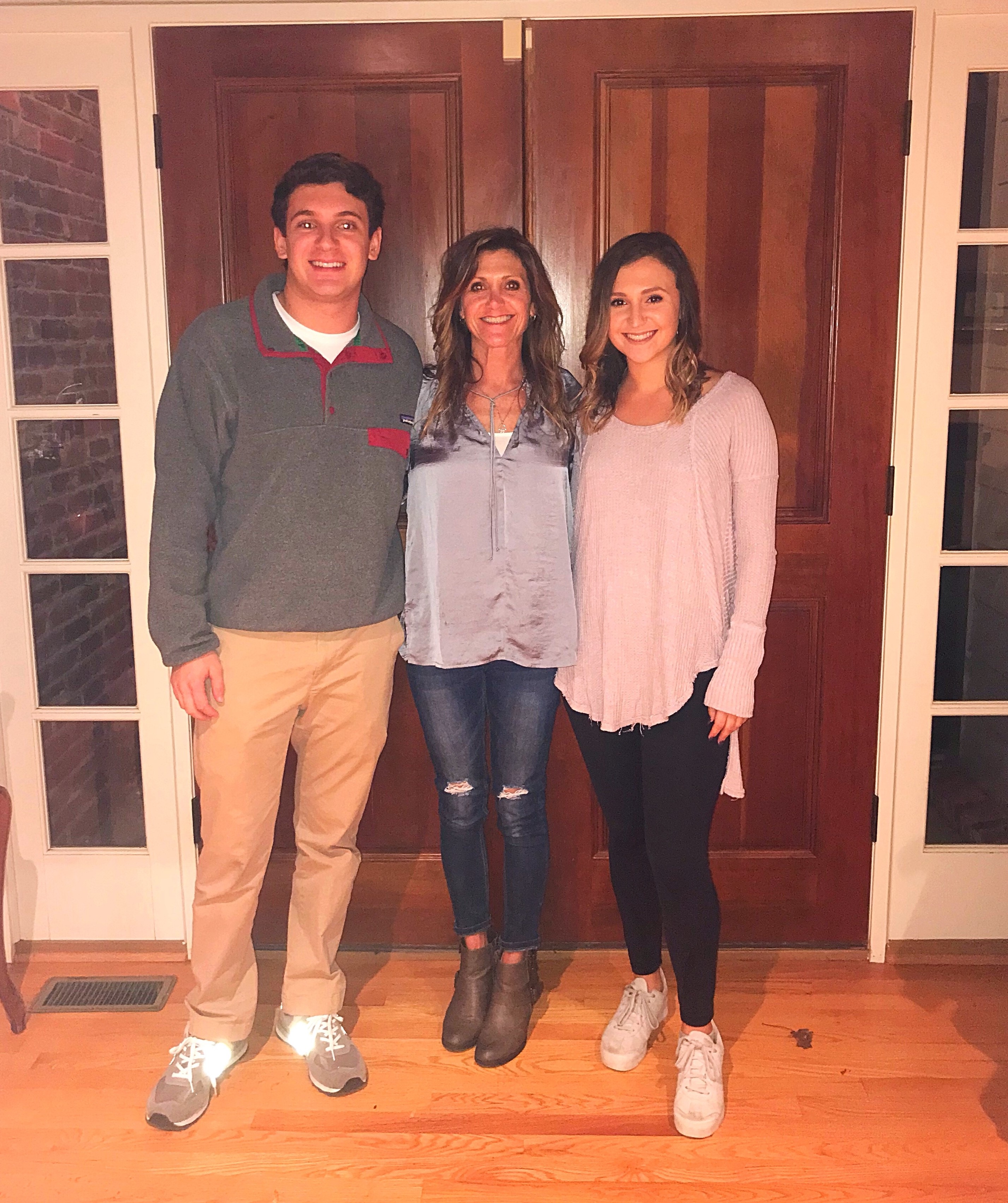Coping as an Empty Nester
Coping with the empty nest when children leave for college is certainly an adjustment for many parents – and students.
Julie Rubenstein Cohen never quite prepared for the empty nest when she became a mother 21 years ago.
“You grow up … You get married; you want to have kids. You don’t think about when the kids get to be adults,” said Cohen, a divorced mother of two college kids. “It’s good for them, but it’s sad for us.”
Coping with the empty nest when children leave for college is certainly an adjustment for many parents – and students. Whether saying goodbye for the first time or sending off their youngest, parents often see this stage of life as a time to enjoy their newfound freedom and find opportunities for self-fulfillment. But some also experience mental health and marital challenges.
The AJT spoke with a Jewish counselor and a family law attorney about this phase in a parent’s life and how to find the silver lining instead of a fog of despair and divorce.

“Launching your child to his or her next experience is developmentally necessary,” said Dan Arnold, director of clinical and counseling services at Jewish Family & Career Services.
“You want the child to leave the nest to find a passion and claim independence. It’s bittersweet, he said. “As a family you set a rhythm and work with them for 17 or 18 years, and suddenly it’s about finding a new rhythm. It’s sad and scary and at the same time really exciting.”
In most cases, it’s the mother as the traditional primary caregiver who seeks counseling, Arnold said.
“When the child leaves for college, the primary caregiver role is not as immediate. The question is a struggle for what their identity will become. Suddenly [parents] have more time to do the things they enjoy doing, commit to hobbies or other work, friendships and relationship” with their spouse, Arnold said.
When the empty nest issues emerge, the client may already be in counseling for anxiety, depression, or communication and connection challenges in the marriage.
“Oftentimes the children provide a unifying presence and if the unifying presence is leaving home, they are faced with looking at the relationship with a different lens.
“The primary focus of their marriage has been the daily lives of their kids.” But with the children managing their own lives, couples can spend time “reconnecting as partners in a way connecting as parents didn’t necessarily allow them to do.”
But the empty nest can also be a destructive force.
Divorce attorney Randy Kessler estimates that 20 to 25 percent of his clients come to his practice around the time they have at least one child out of the house. They tend to be stay-at-home mothers contemplating their golden years or trying to reimagine their identity after their primary job as caretaker ends.

“One that shocks me as a divorce lawyer is that, … in times of crisis, when you think people would stick together, they don’t. Sometimes it brings out the worst in people.” Parents may try to wait until their children are out of the house, but they may not make it, said Kessler, who is also an Emory Law School professor.
Divorce rates are declining in the U.S., but rising among adults 50 and older, according to the Pew Research Center. That’s the demographic that tends to experience the empty nest.
Since the 1990s, the divorce rate for that population has doubled, the report showed.
With people living longer, they may decide, “I don’t want to spend the rest of my life unhappy,” Kessler said. Whereas when the life expectancy was 60 or 70, “clients in their 50s may have just toughed it out to have companionship,” he said. “But now that people are living to 100, many may conclude they do not want to live another 30 years being unhappy and they have a chance at a new and better life.”
When the primary focus of a marriage is the children and that changes, parents may “not realize how unhappy they were ‘til the kids were gone. When they’re gone, they may realize that the great relationship they had with their children was so much better than the relationship with their spouse, which is now the only relationship in the house and it is not satisfying.”
Kessler believes the empty nest is a bigger turning point in the relationship than marital affairs, which are less predictable and may inspire couples to work on their marriage.
Jodie Jackson is hoping she’s prepared when her youngest child, Sydney, leaves later this month for Tulane University. After all, she went through the initial shock of sending her eldest, Cameron, to the University of Virginia two years ago and survived.

“You go through 18 years of being so involved in their everyday lives and then [the house becomes] a lot more stagnant and quieter,” said Jackson, a stay-at-home mom.
The void was a bit debilitating for her, but it’s also a chance to reconnect with her husband, have more freedom for dates and travel and time for achieving personal goals.
Or as Jodie refers to this phase, returning to her “past life before kids.” For her it might mean more travel, pursuing a career, creative endeavors such as painting, or returning to the tennis court. “I spent so much time and energy taking care of them.” In terms of saying goodbye to Sydney soon, she said, “With the first it was really hard on me. I almost feel like this go around is going to be easier because it was so hard the first time. I’m not quite there yet. Ask me in three weeks. It’s really gonna hit me in September.”
Husband Steven, a personal injury attorney, is practical about what he sees as the next chapter of their lives. To cope with the change, he said he’s “embracing the fact that the child that has left the nest is thriving and doing so well. In some ways, it has made me grab on and squeeze Sydney a little tighter.”
Parents are not the only ones experiencing the separation.

“Choosing to go out of state for college was an exciting, but nerve-racking decision for me,” said Jordan, Julie Cohen’s daughter. “I am sixth generation Atlantan and most of my family still lives in the Atlanta area, so I knew it would be hard leaving my family behind. I was lucky enough to be close with my freshman-year roommate, but even after joining a sorority at the beginning of the year, I was struggling to find the homey atmosphere I was looking for,” Jordan said.
“I fell in love with Florida State from the beginning, but I questioned my purpose there throughout the entire first year as I was attempting to adjust. I missed my family desperately and went home often. I knew it was hard for my mom especially, as we are very close, and I am the oldest of my siblings.
“I felt guilty leaving her without someone to share experiences with and knew it would take a lot of adjustment for her as well. Now that my brother is in college, I know she must miss us.
“But it has also been a great experience watching her grow into her personal life just as we are growing into fully-functioning adults.”
Dan Arnold of JF&CS offered this advice for parents and students learning to let go and navigate this new phase.
Keep in contact: Plan how you are going to be in touch with each other, how often and what form of communication. Are you going to call or text? If the student is local, schedule time to get together. Arnold recommends consistency, perhaps a phone call once a week with texts in between.
“I think there’s comfort in having some structure, some predictability in saying ‘This is when we are going to touch base.’
“They don’t have to always be on call or high alert waiting for that contact, and we want each, both student and parent, to have the confidence in themselves to successfully navigate that separation.”
Let go: “You want the student to have the opportunity to fully engage in their new environment and the parent to loosen the cord and give the student the freedom to flex and also discover what they want to be doing and redefine their lives.”
Fill the void: For parents: “Consider volunteering with a community organization or if you put a career on hold, rejoin the work force. It’s about allowing yourself to branch out and reconnect with your old interests or discover new interests.”
For students: Connect with someone across the hall or in the seat near you in class.
Explore campus offerings such as Friday night Hillel. Leave your dorm room open when you’re in there to invite passersby to introduce themselves.
Be supportive: “Encourage your child to take some risks and try some new things.” Promote activities that allow your child to use their strengths. “Find those opportunities to connect while also recognizing they are feeling the loss. Part of it is not knowing other people and maybe mourning the comfortable friendships they had in high school. Making the transition can be overwhelming or intimidating.”
As a parent, you want to be supportive, kind and encouraging, “reminding them that they are capable and able to do this.”
Seek help: If parents notice a pattern of social isolation, anxiety or stress, they can suggest the child seek counseling available on campus.




comments